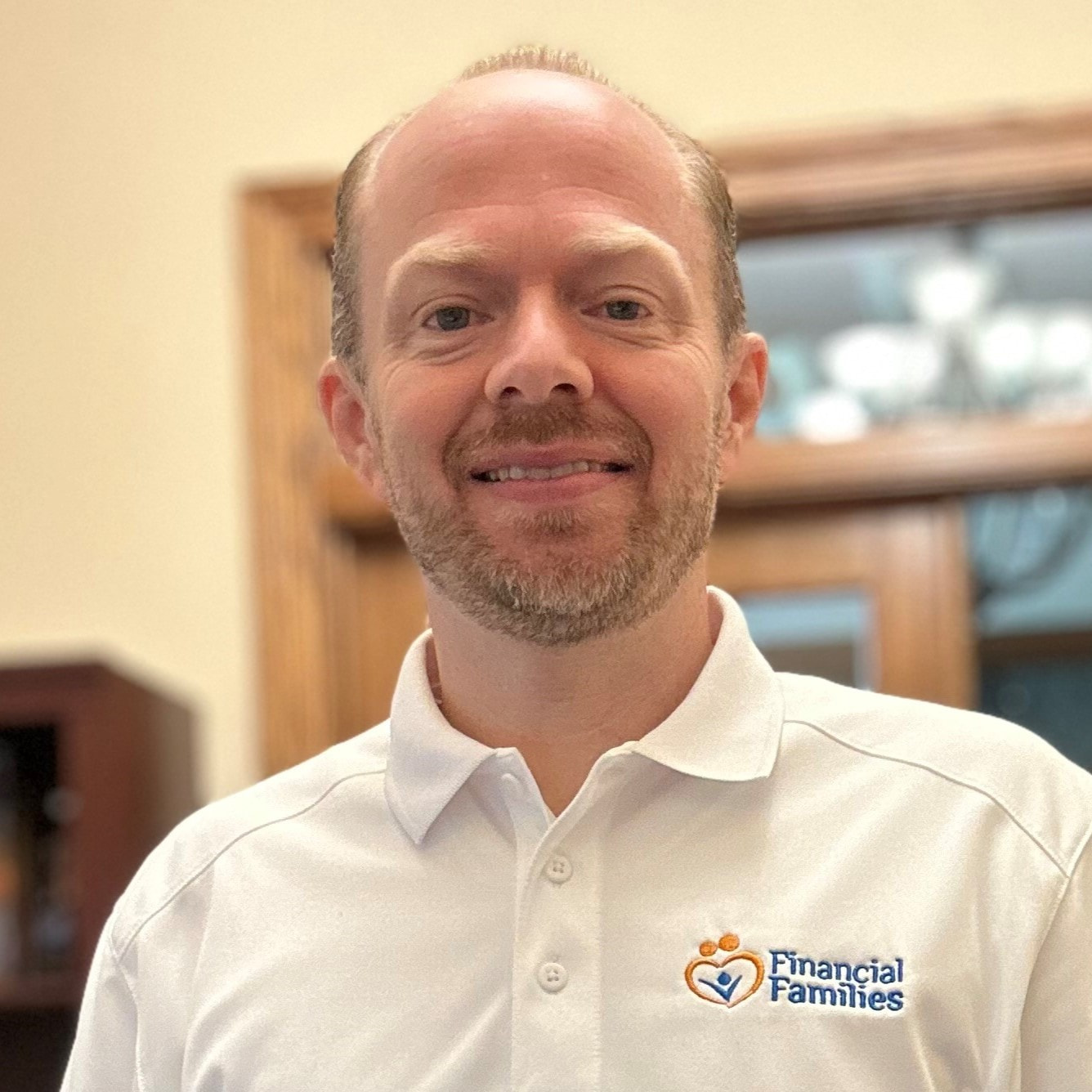Discussing Financial Planning Topics, Qualities of a Fee-Only Financial Advisor and Flat Fee Financial Advice
Welcome to our blog! We post about flat fee and fee-only financial advising. We also spend time talking about our service, including the mechanics behind it, the features, and the advisors we work with. We will have guest posts and features as well.
Please let us know about specific topics you'd like us to focus on. Feel free to reach out for any other reasons as well! We're a small business focused on the flat fee, fee-only advising community. We want to do all we can to provide support and help people find advisors that best match their needs.
Hiring a Financial Advisor in 2026
Earning $250K+ and wondering if your advisor is worth it? This guide reveals why flat fee advisors can save $500K-$1M versus AUM models in our 20-year comparison, which credentials deliver value (CFP+CPA is gold), and the red flags signaling conflicts. Get the questions that help you evaluate advisor quality and fee transparency.
Buy Now Pay Later Apps: Pitfalls High Earners Must Know
Buy now pay later apps create debt that may not show on credit reports. Learn how BNPL affects financial planning, why 60% of users finance purchases they can't afford, and what high-income families must know to protect their wealth.
New Year Financial Planning for High-Income Earners
This comprehensive guide covers essential New Year financial planning strategies including advanced tax optimization techniques, equity compensation decisions, estate planning updates, and cash flow analysis. From backdoor Roth conversions to Alternative Minimum Tax management, get the strategic insights you need to start the year right.
11 Essential Questions to Ask a Financial Advisor Before Hiring
If you earn $250K+ and already know to ask about CFP, fiduciary duty, and fees, this guide goes deeper. Learn the 11 questions that expose real value, hidden conflicts, and advisor expertise, plus the red flags that should make you walk away.
Year-End Financial Checklist for High Earners 2025
Save thousands in taxes before the calendar turns. This year-end financial checklist gives high earners ($250k+) specific strategies for retirement account optimization, charitable bunching, equity compensation review, and estate planning moves. Features current 2025 numbers, tax bracket tables, deadline reminders, and real-world examples. Stop leaving money on the table and execute these time-sensitive strategies before December 31st.
Tax Diversification and Liquidity - Your 401(k) Might Be Too Much Of A Good Thing
This is a guest post by wealth advisor Tim Hamilton, the founder Financial Families. Is your 401(k) your only retirement basket? Over-reliance on tax-deferred accounts can limit liquidity and tax options later. Learn why diversifying with taxable brokerage and Roth accounts is essential for financial flexibility in retirement and life's unexpected twists.
Asset Location Strategy: Stop Leaving $100K+ in Tax Savings
Most high-income earners are unknowingly losing $137K+ over 20 years by placing their investments in the wrong accounts. Bonds in taxable accounts get hammered by ordinary income taxes. Meanwhile, high-growth assets sit in traditional IRAs instead of Roth accounts where they'd compound tax-free. This guide reveals the 3-part asset location strategy (taxes, goals, returns) that helps $250K+ earners optimize their portfolio across taxable, tax-deferred, and tax-free accounts.
Why $500K Earners Still Live Paycheck to Paycheck
You're earning over $500,000 annually, yet somehow you still feel financially stretched. Sound familiar? You're not alone. Many high-income earners find themselves living paycheck to paycheck despite massive salaries—trapped by lifestyle inflation that quietly consumes every raise and bonus. Learn why the top 1% of earners struggle to build wealth, how lifestyle creep creates financial stress, and the proven strategies to break free.
Estate Planning Mistakes That Cost DIY Investors $100K+
Most DIY investors master wealth accumulation, but overlook estate planning, a mistake that can cost heirs $100K+ in unnecessary taxes. Discover the critical errors even sophisticated investors make with beneficiary designations, inherited IRAs, and the SECURE Act's 10-year rule. Learn how step-up in basis works, when Roth conversions save the most, and why your 401(k) beneficiaries might be outdated. This guide reveals investment-specific estate strategies that protect your legacy.
International Stocks: Worth It or Waste of Money?
Your portfolio has 30% international stocks that underperformed for 15 years straight. Sell them? Double down? The answer depends on your tax situation, rebalancing discipline, and whether you believe mean reversion. We walk high-income investors through the framework: valuation gaps, currency hedging, emerging markets risks, and the tax complexity no one mentions.

